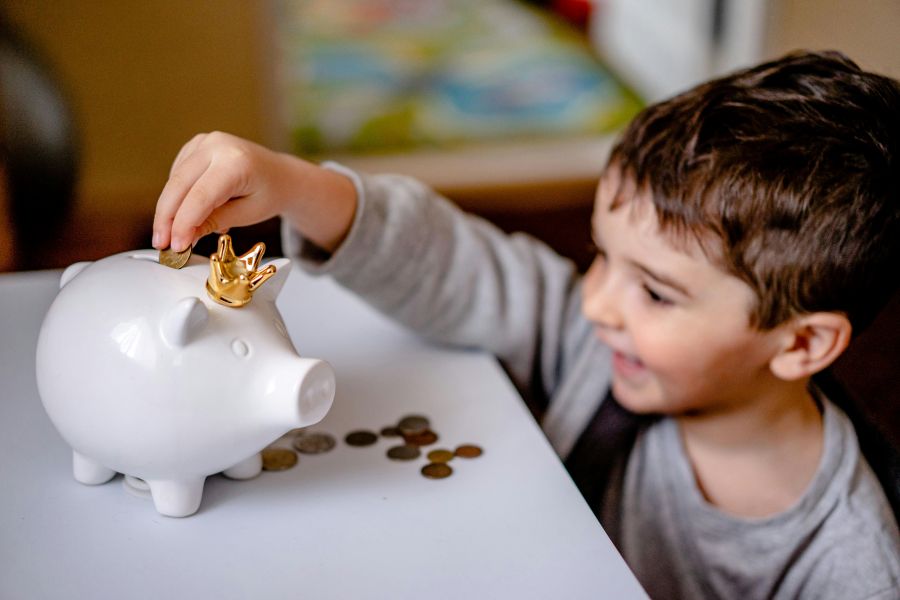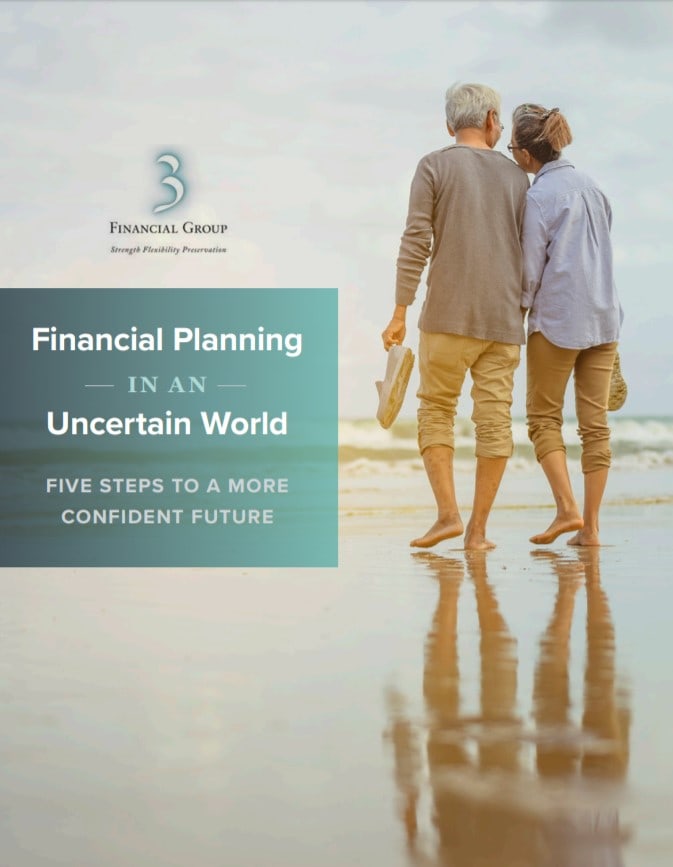Most of us crave certainty. It’s hardwired into our brains—we want to know what’s going to happen so we can make smart decisions and avoid mistakes. When things feel predictable, we feel calm and in control.
But when it comes to investing, certainty is often an illusion.
The Problem With Feeling “Sure”
The truth is, we never really know what the market will do next. Even when everything feels stable, surprises can—and do—happen.
With the recent volatility in the market and political climate, I’ve heard some investors felt the future was too uncertain, so they pulled out of the market and moved to cash. They said they were waiting for a “more certain” time to invest.
But when is the future ever truly certain?
Think back to December 1999. Investors were sure tech stocks were the future. Many not only invested heavily—they borrowed money to invest even more. A few months later, the dot-com bubble burst.
Or take early 2020. The economy seemed strong, and confidence was high. Then COVID-19 hit. Markets plunged in March, and many investors rushed to cash, fearing the worst. But instead of collapsing further, the market rebounded quickly—catching many by surprise and leaving those on the sidelines scrambling to get back in.
Why Uncertainty Can Actually Help
When we feel certain, we tend to take bigger risks—often more than we should. We may overlook potential downsides because we’re convinced things will go our way.
But when we acknowledge uncertainty, we become more thoughtful. We plan better. We diversify. We make smarter decisions because we know we don’t have all the answers.
So while uncertainty is uncomfortable, it’s also useful. It encourages caution, preparation, and discipline—the qualities that actually make us better investors.
Bottom Line You don’t need certainty to invest wisely. In fact, chasing certainty can lead to poor decisions. Accepting uncertainty—and planning for it—is one of the best things you can do for your financial future. Book a call today so we can help you in these uncertain times.


